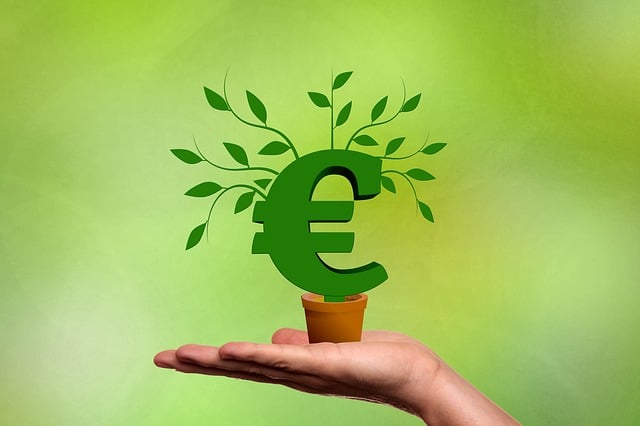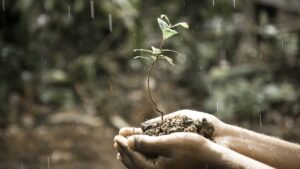A new research project will focus on the development of climate-resilient crops. The project, led by the University of Copenhagen, will receive around €78 million euros over a period of seven years. Researchers from MARUM will be contributing significantly to the project, according to a press release.
The combined effects of climate change and the biodiversity crisis threaten global food security. This is the focus of the new AEGIS (Ancient Environmental Genomics Initiative for Sustainability) project, led by Prof. Eske Willerslev, a professor at the University of Copenhagen and the University of Cambridge, and an Excellence Chair at the University of Bremen. Prof. Kai-Uwe Hinrichs, Dr. Lars Wörmer, Dr. Ursula Röhl, and Dr. Enno Schefuß from MARUM and the Faculty of Geosciences will also participate in the project.
“I am proud that MARUM will be part of this bold and forward-looking initiative,” says Hinrichs. “MARUM will receive more than €2.5 million for contributing biomarker analyses, sediment core scanning techniques, and core archiving in order to investigate the environmental conditions and stress responses experienced by plants and agricultural crops during major climatic transitions in the past.”
AEGIS researchers tackle these urgent issues by examining the past: How have ecosystems and species adapted to climatic changes, and how can this knowledge be used to address modern agricultural challenges?
The program leverages environmental DNA (eDNA) to pioneer sustainable agriculture. It seeks to decode how ecosystems and crops responded and adapted to past environmental changes, aiming to enhance crop resilience and agroecosystem sustainability for a more sustainable future, explains Willerslev.
“By employing ecosystem modelling, we can pinpoint which combinations of species lead to the most durable ecosystems. This knowledge could serve as a blueprint for creating climate resilient food systems, enhancing both the crops we grow and the sustainability of the environments they grow in,” says Willerslev.
Goal Is to Provide Global Knowledge Base and Tools
Central to AEGIS is a data engine that extracts and analyzes ancient eDNA from sediment cores, revealing Earth’s agrarian history and ecosystem responses over millennia. This groundbreaking work combines expertise in bioinformatics, microbial ecology, plant breeding, and environmental genomics. The goal is to provide a robust knowledge base and tools for advancing agriculture amid climate challenges. AEGIS adheres to the Nagoya Protocol, ensuring fair and equitable sharing of benefits from genetic resources, supporting biodiversity conservation and sustainable use.
The project will be funded over seven years with approximately €67 million euros (500 million Danish kroner) from the Novo Nordisk Foundation (Denmark) and €11 million euros (85 million Danish kroner) from the Wellcome Trust (UK). Both foundations aim to support research, promote knowledge, and develop solutions for a green societal transformation and social challenges.













